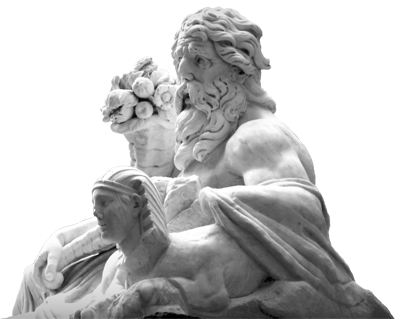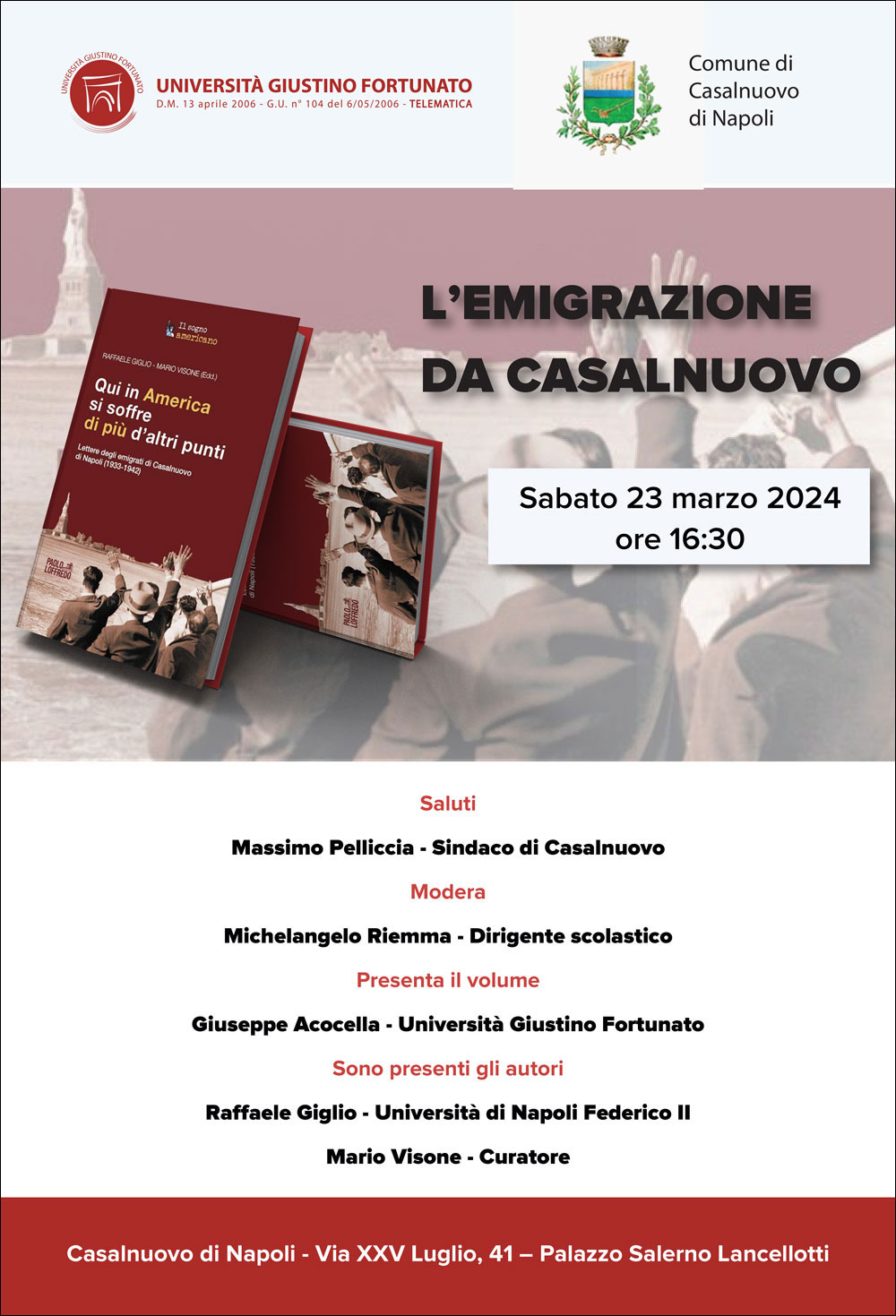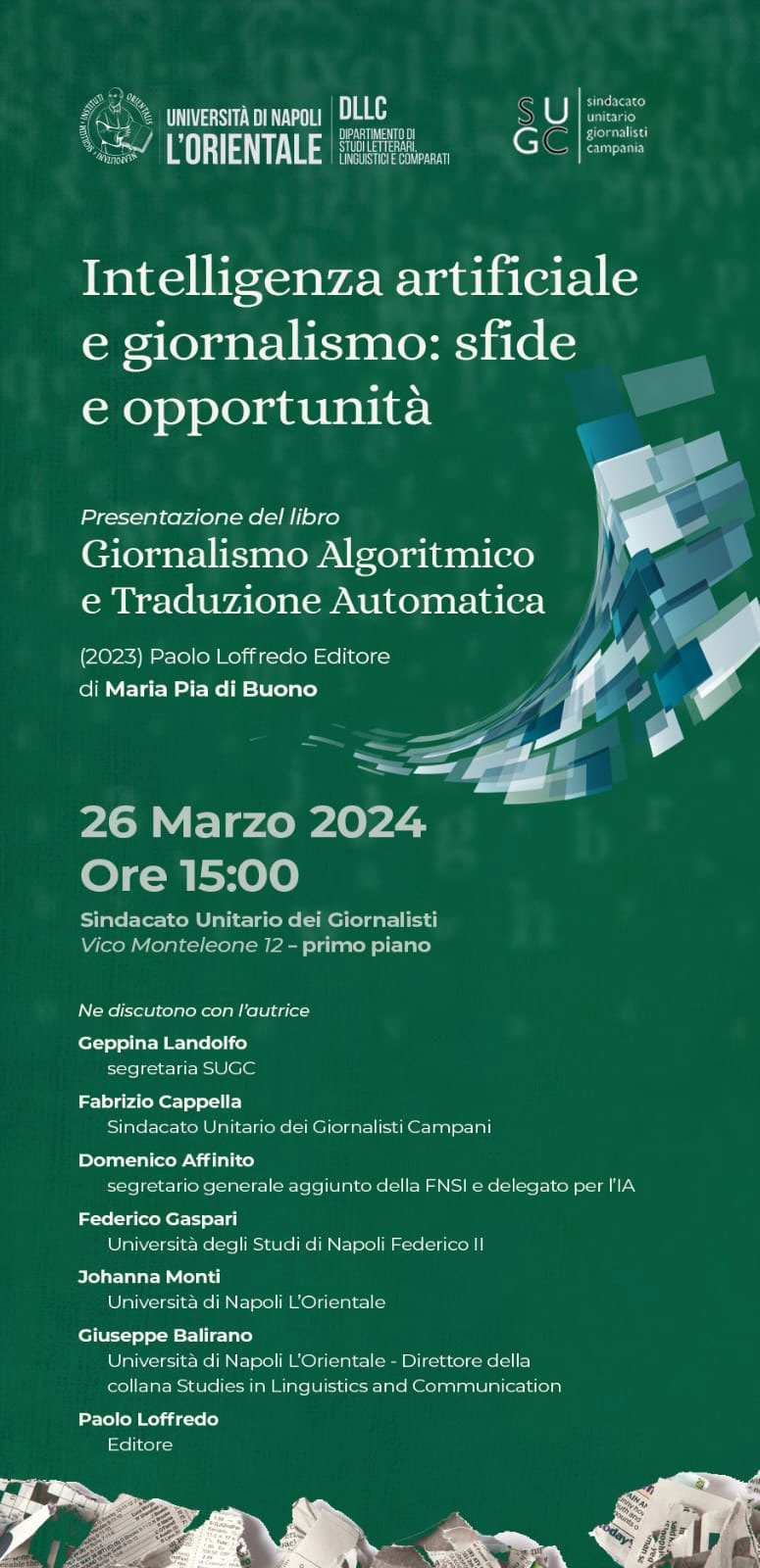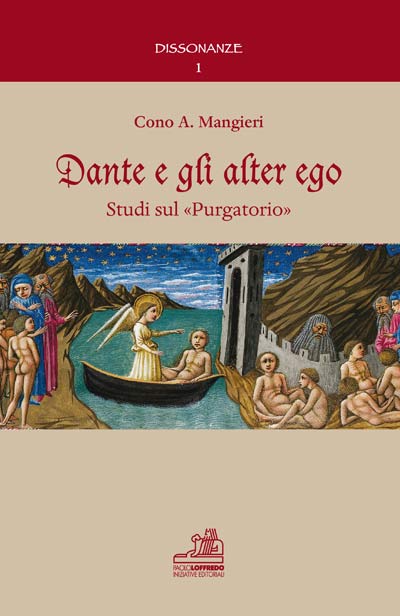 Paolo Loffredo, sixth generation of a large family of publishers and booksellers engaged in the production and distribution of books since the late nineteenth century, creates in 2012 the new editorial company Paolo Loffredo Editore. The historical site was until the '80s in the heart of the historic centre of Naples in Via San Biagio dei Librai, lower Decumano and also known as the SpaccaNapoli.
Paolo Loffredo, sixth generation of a large family of publishers and booksellers engaged in the production and distribution of books since the late nineteenth century, creates in 2012 the new editorial company Paolo Loffredo Editore. The historical site was until the '80s in the heart of the historic centre of Naples in Via San Biagio dei Librai, lower Decumano and also known as the SpaccaNapoli.
At the beginning of the twentieth century, Giuseppe Loffredo decided to add book selling to the book production, which definitively imposed itself after World War II with the publication of manuals for the University and for the School that succeeded in establishing themselves soon throughout Italy.
LAST EVENT
"L'emigrazione da Casalnuovo"
23 Marzo 2024 - Palazzo Salerno Lancellotti Ateneo, via XXV Luglio, 41 - Casalnuovo (NA) - ore 16,30

--------------------------------------------------------------------
"Intelligenza artificiale e giornalismo: sfide e opportunità"
26 Marzo 2024 - Sindacato Unitario dei Giornalisti - vico Monteleone, 12 - primo Piano - Napoli - ore 15,00

Dante e gli alter ego
ISSN: 2166-3163
Language: Italian
Publisher: Paolo Loffredo Iniziative Editoriali Srl

Description
Dante e gli alter ego. Studi sul Purgatorio
'Heterodossa' is the hermeneutics used by the author in this eccentric volume of essays; and it was indispensable that it should take place in this way, because indeed the opus Dantesque itself is a heterodox witness within the Italian literature. Who does not realize it in time, misses any interpretative target; who misinterprets it, contributes to energize the exegetical tradition that for seven hundred years misrepresents the occult message of Dante's writings. Because the things, animals and characters that animate the poetic world of Dante are not filling figures, but symbols that tell something about the existential adventure experienced by the poet. They are the messengers sent by Dante to make us participate in his intellectual life (ie political, religious and literary): only that they speak in an allegorical language, which is up to us readers to interpret. In fact, Dante's writings, above all of the Commedia, could be said of what St. Jerome said of the Apocalypse, in Epistle LIII ad Paulinum: "Tot habet sacramenta, quot verba; parum pro merit voluminis: laus omnis inferior est, in verbis singulis multiplices latent intelligentiae ». One way to reach the likely interpretation of the Dante's intelligentsia is that which the author has set out to show to the reader of this volume.



